Comic historian Alan Clark has just published another of his terrific guides to early British comics – and it’s another gem.
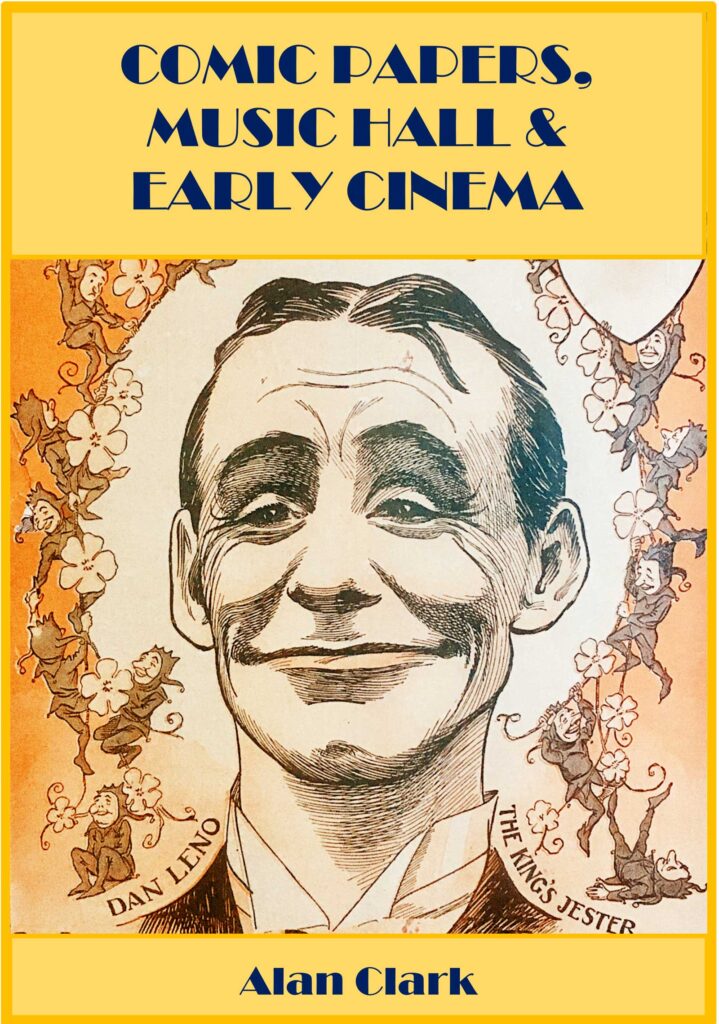
Comic Papers, Music Hall & Early Cinema, again, a very limited edition, copies available here on eBay, is a 316-page blockbuster on the connections between the weekly comic papers and the stage, screen and radio.
“It seems that comic papers and the stage have always been intertwined,” Alan notes. “What appeared on the ‘boards’ was soon seen on the pages of the comic weeklies. And it wasn’t long before the stage reflected what happened within the pages of the comic papers.
“An early example was Ally Sloper who, from the early 1880s, was pictured every January in Ally Sloper’s Half-Holiday, taking his family to see Augustus Harris’ magnificent pantomimes at Drury Lane. And it wasn’t long before actors were taking the role of Sloper on stage in popular productions.
“Film was no different. Weary Willie and Tired Tim, created in 1896 by Tom Browne for ‘Chips, were depicted in live action films too. Between 1903 and 1911 seven short films were made featuring the two tramps by the innovative director William Haggar (1851-1925) who cast his two sons in the roles. Not long after that animation techniques brought the Daily Mirror’s ‘Pip, Squeak and Wilfred‘ to the screen.
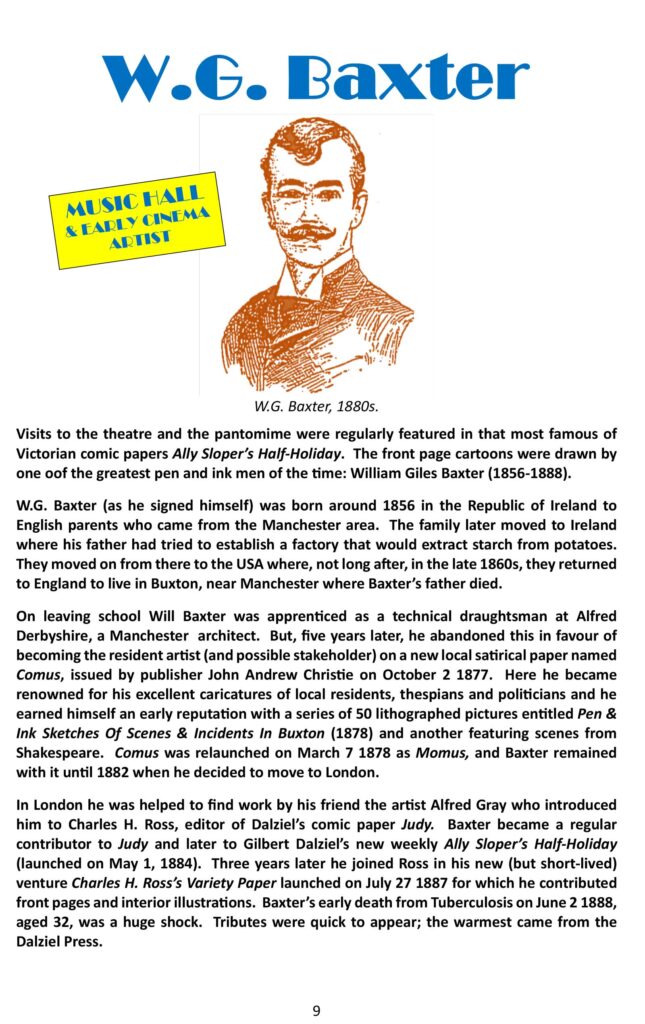
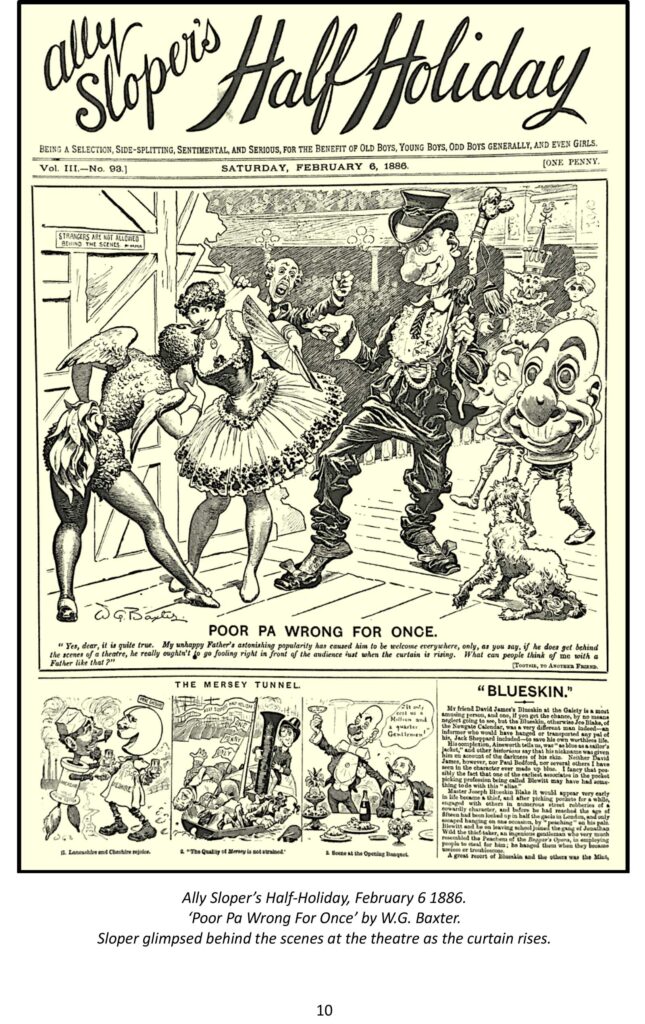
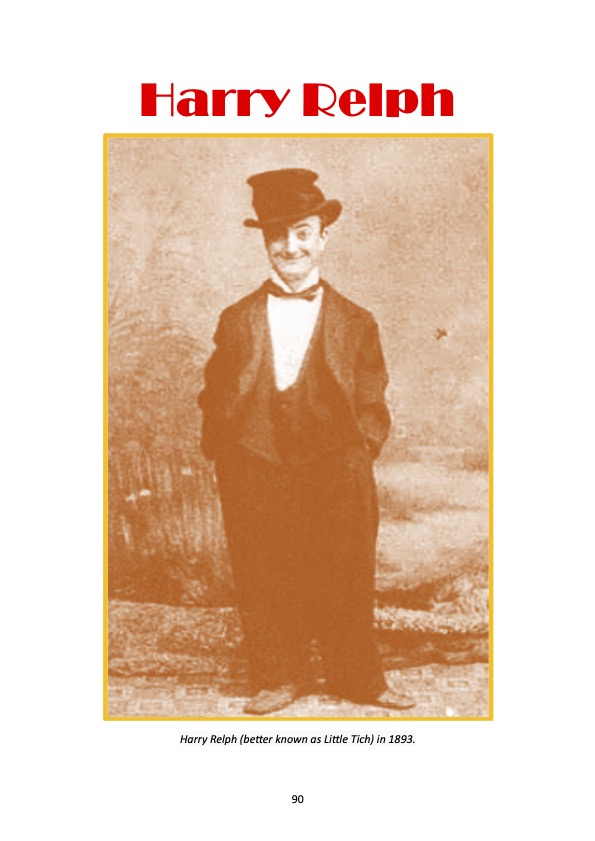
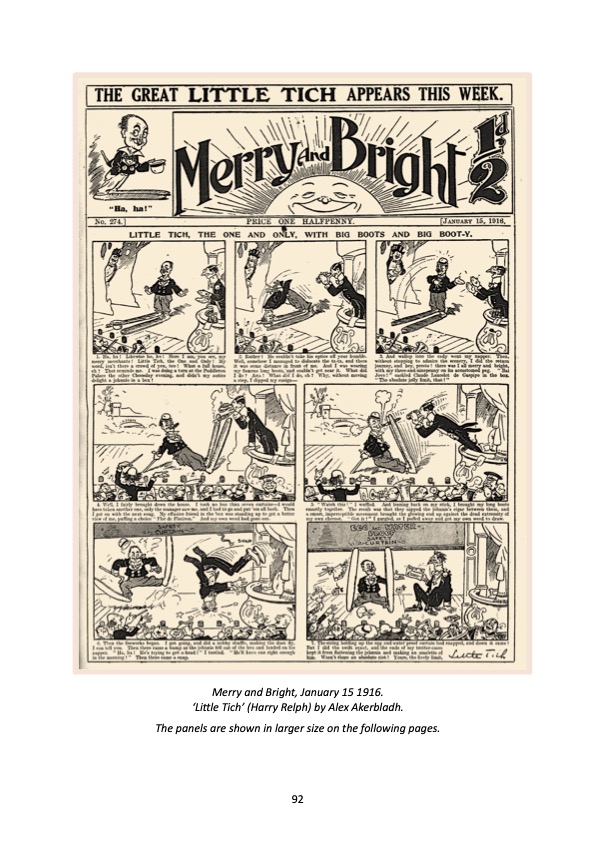
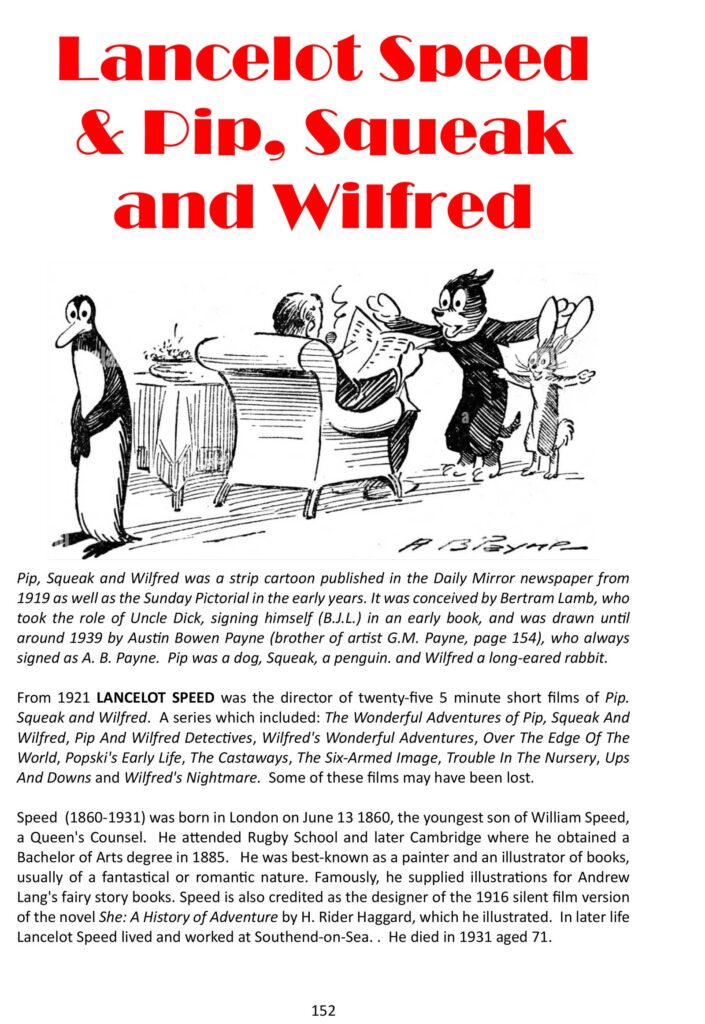
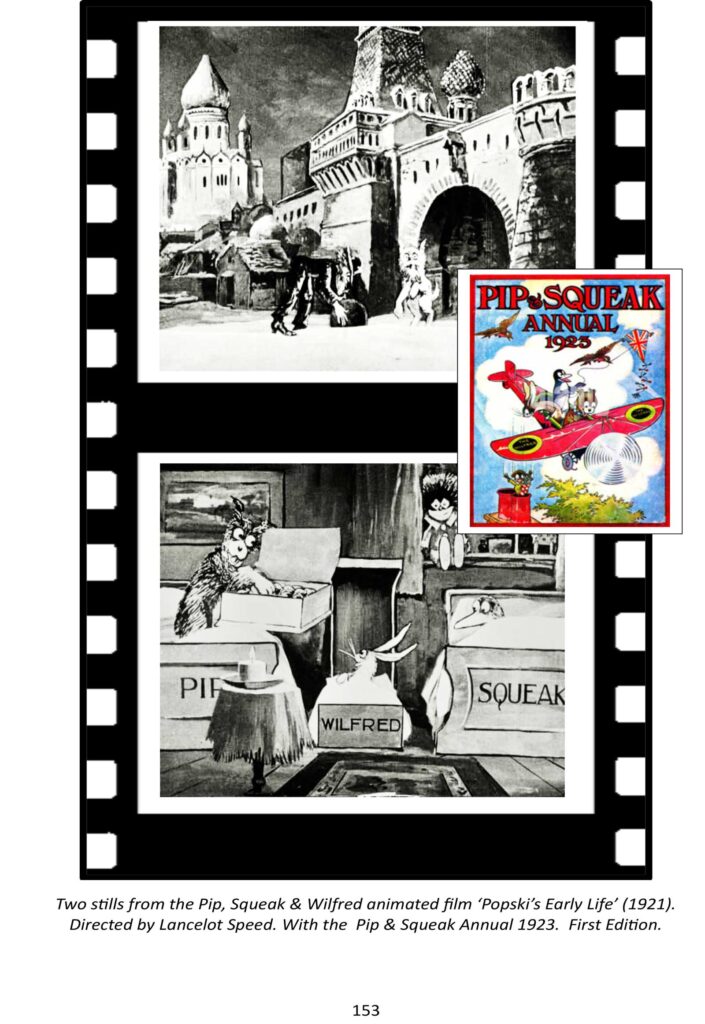
“By 1915 music hall stars began appearing in the pages of Amalgamated Press comic papers. Things moved quickly, and by 1920 they had morphed into film stars (many of them having their origins in the music halls) who were represented in the weekly Film Fun. Radio was no different. By 1938, the stars of the ‘wireless’ were given their own weekly with Radio Fun.
“And the interchange continues to this day with streaming series and in cinema with blockbuster films,” Alan observes. “Cui bono? As they say on the crime dramas. We all do. And it deserves to be recorded and celebrated, which this book sets out to do.
Not only does Comic Papers, Music Hall & Early Cinema offer plenty of examples of theatre and film-inspired comic strips, Alan also provides short biographies of the stars that inspired them. While Charlie Chaplin still has avid admirers to this days, for example, many of whom are relatively unknown, outside of the setters of particularly erudite pub quiz setters.
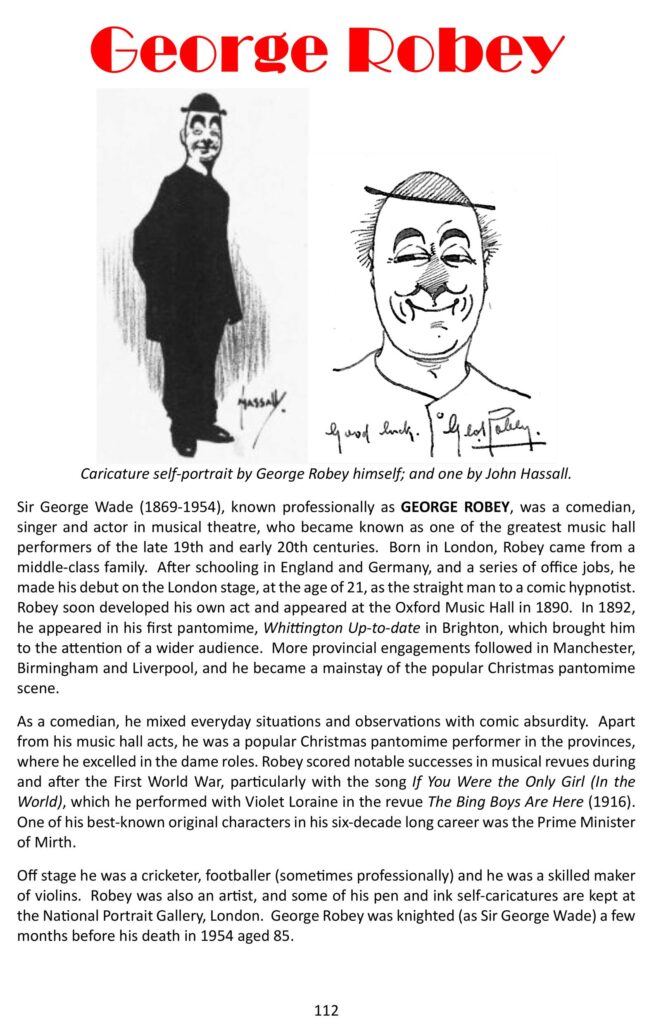
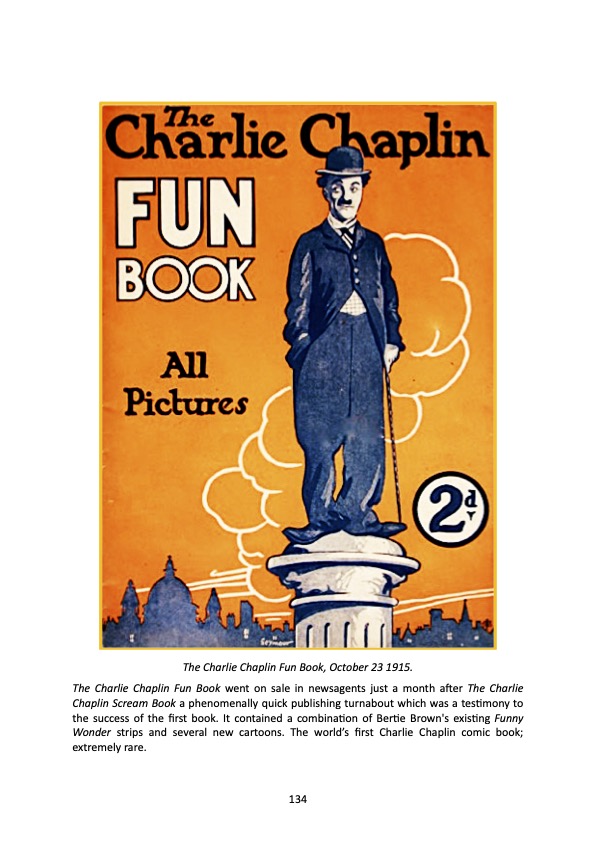
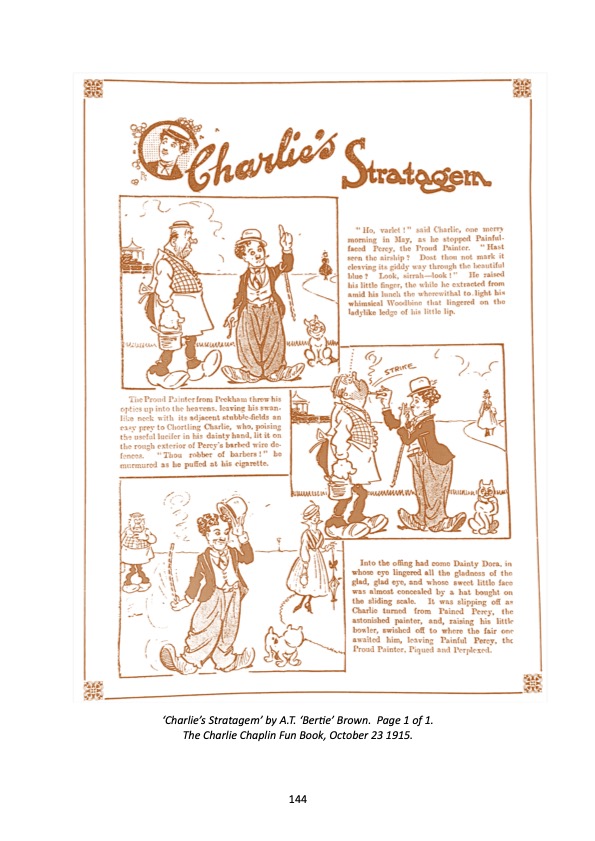
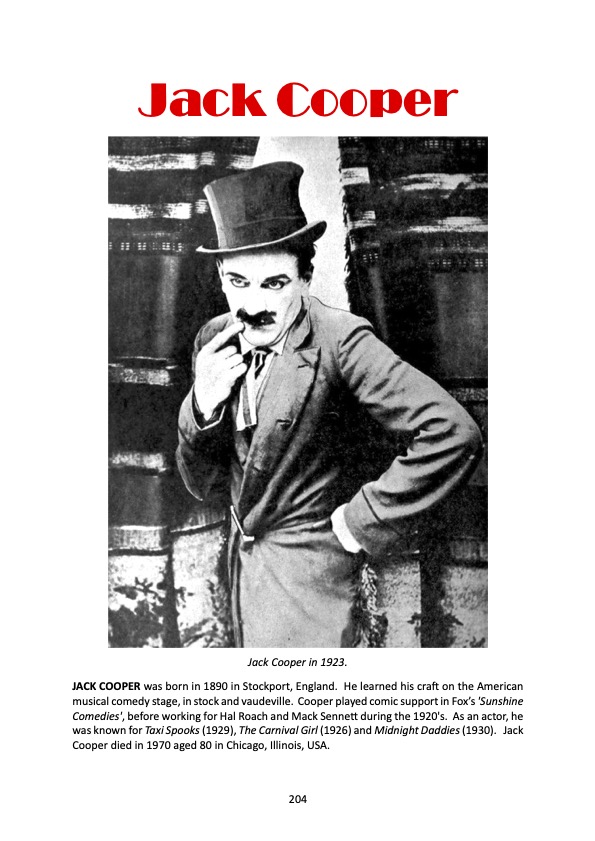
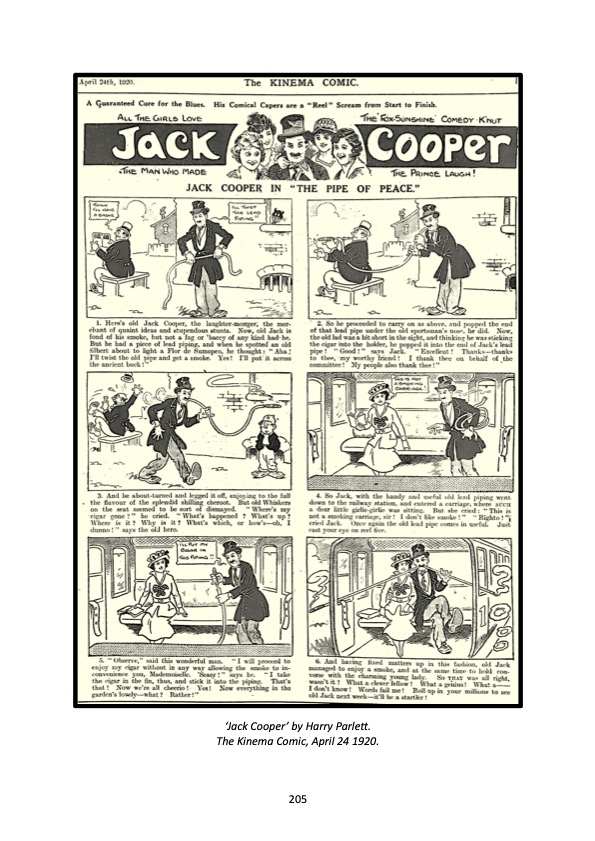
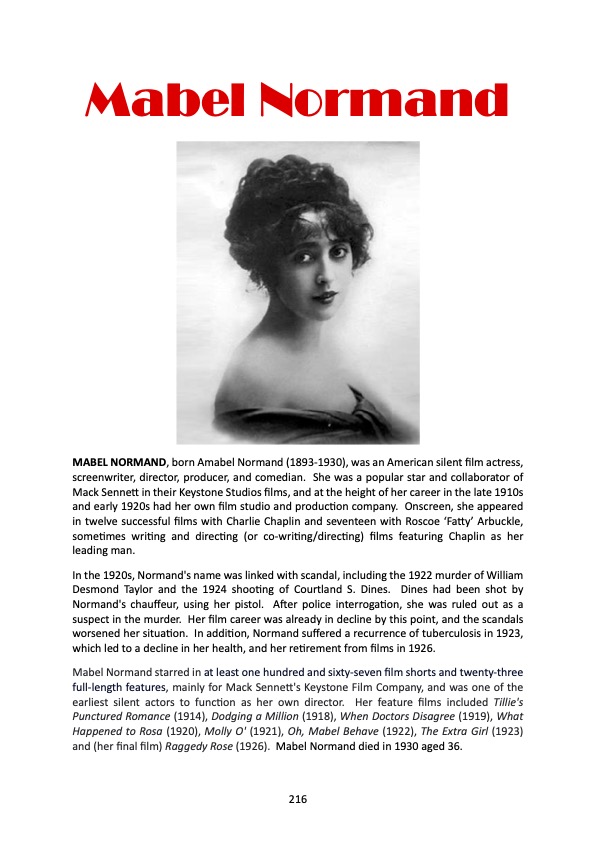
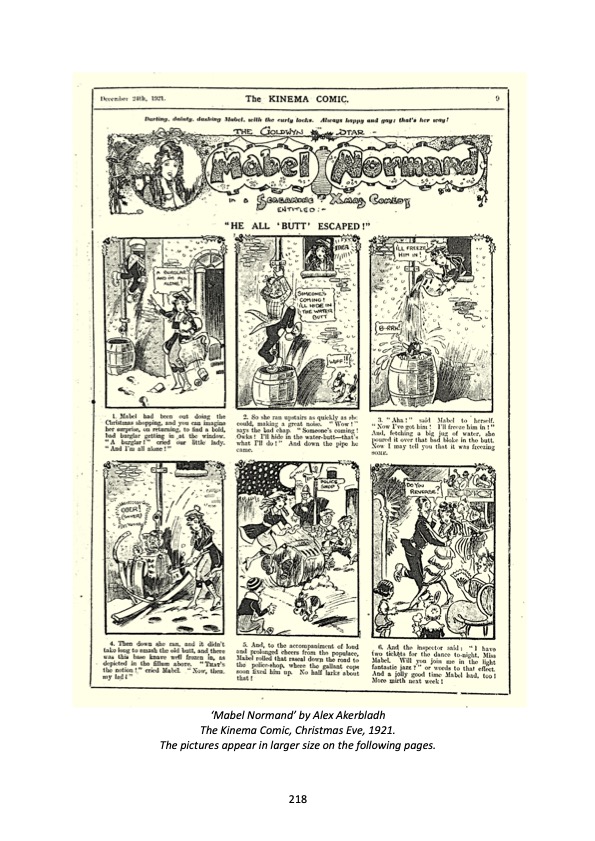
“An understandable, common reaction to seeing music hall and film stars in the pages of vintage comic papers is “I’ve never heard of them” and “I wonder who she/he was and what happened to them?”, Alan acknowledges, and hopefully redresses that lack in this book, his purpose to recall the stars’ greatness and enhance the pleasure of seeing them in the publications they appeared in.
A new book by Alan Clark is always a treat, and I’m going to enjoy going back through this one. Do note the limited print run means it isn’t cheap, shipping from Italy adding to the cost, but if you’re at all interested in early British comics, music hall or film, you don’t want to miss out on this before it sells out – and a quick check of Alan’s eBay store reveals almost every other book he’s self published lately, has done just that.
Comics historian Alan Clark, who now lives in Italy, has written articles for a number of publications, as well as organising exhibitions of comics and comic art. He has occasionally given talks and participated in seminars on comics and comic art in the UK and Europe.
He was the editor and publisher of the magazine Golden Fun (1974-1989) and The Sloperian (2012). The raison d’être of both was to promote the merits and value of the British comic and its contributors.
During the 1980s, Alan was a regular scriptwriter for comics, writing for some of the most popular characters of the day and for top artists such as Robert T. Nixon, Ken Reid, Reg Parlett, Brian Walker and John Geering. He is the author of several books on comics, including The Comic Art Of Roy Wilson (with David Ashford, Midas Books, 1983) The Comic Art of Reg Parlett (Golden Fun, 1986), The Children’s Annual, A History & Collectors Guide (Boxtree, 1988), The Best Of British Comic Art (Boxtree, 1989), Comics, An Illustrated History (Green Wood, 1992), and The Dictionary of British Comic Artists, Writers & Editors (British Library, 1998).
Under his own imprint, Half-Holiday Publishing, he’s released Photographs & Images of Artists, Writers & Editors of 19th & 20th Century British Comic Papers (2020), Edwardian Comic Papers (2021), A Life With Comics (by G.M. Wilson; Alan Clark, Editor, 2021), The Fun Factory of Farringdon Street (2021), Sugar-Plums & Tootletum, The Work of C.H. Ross. (2021/ 2023), Ally Sloper His Life And Times (2021), Comic Papers of The Platinum Age (2022), Laughs of a Nation, The Publications of Gerald G. Swan (2022), Comic Papers Between The Wars 1919-1939 (Book One, 2022) and Comic Papers Between The Wars 1919-1939 (Book Two, 2022) and Harmsworth’s Comic Paper Rivals (Half-Holiday Publishing, 2023).
Alan is also a writer of short stories and the author of a novel. In Paris, in the early 2000’s, he edited and published a short story magazine dedicated to new fiction and new writers.
• Buy Comic Papers, Music Hall & Early Cinema exclusively by Alan Clark here on eBay
The founder of downthetubes, which he established in 1998. John works as a comics and magazine editor, writer, and on promotional work for the Lakes International Comic Art Festival. He is currently editor of Star Trek Explorer, published by Titan – his third tour of duty on the title originally titled Star Trek Magazine.
Working in British comics publishing since the 1980s, his credits include editor of titles such as Doctor Who Magazine, Babylon 5 Magazine, and more. He also edited the comics anthology STRIP Magazine and edited several audio comics for ROK Comics. He has also edited several comic collections, including volumes of “Charley’s War” and “Dan Dare”.
He’s the writer of “Pilgrim: Secrets and Lies” for B7 Comics; “Crucible”, a creator-owned project with 2000AD artist Smuzz; and “Death Duty” and “Skow Dogs” with Dave Hailwood.
Categories: downthetubes News
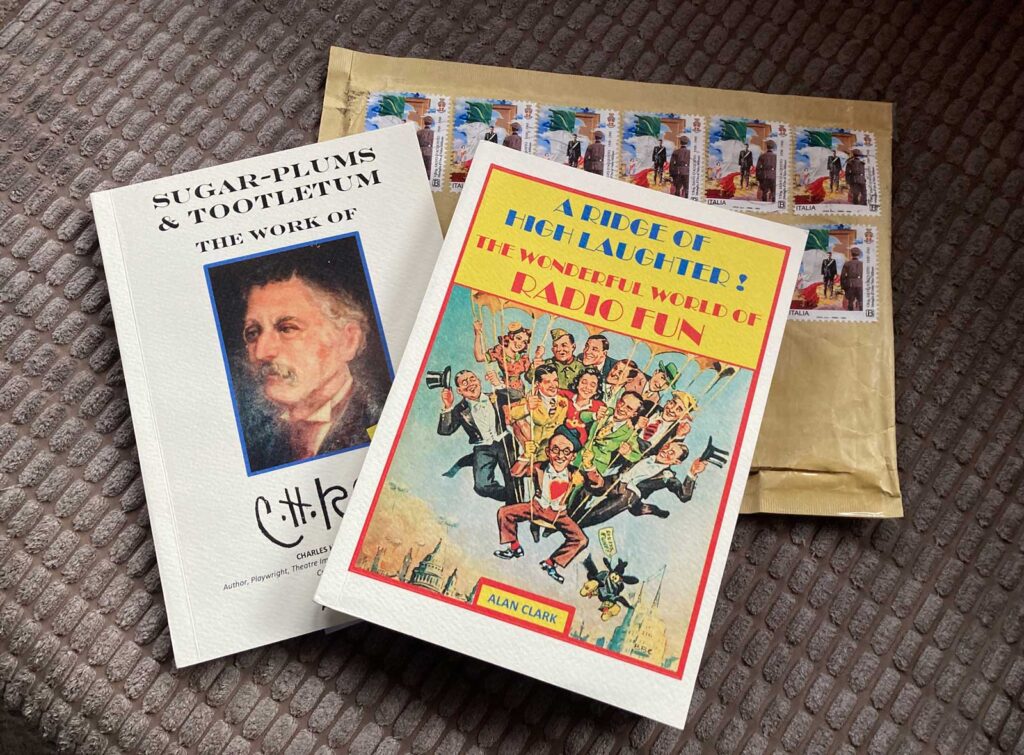
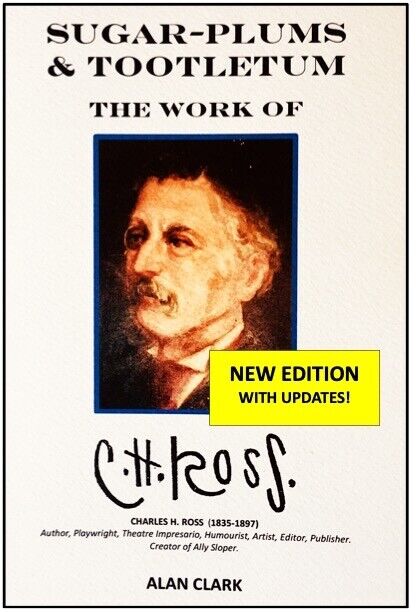
 2000AD Thrill-Cast celebrates Scream!
2000AD Thrill-Cast celebrates Scream!  The 77 teases new junior comic, opens pitches
The 77 teases new junior comic, opens pitches  Meet Dinah Mo, the Dandy’s eco-warrior!
Meet Dinah Mo, the Dandy’s eco-warrior!  Falcon comic team tease second issue, due for release in October
Falcon comic team tease second issue, due for release in October